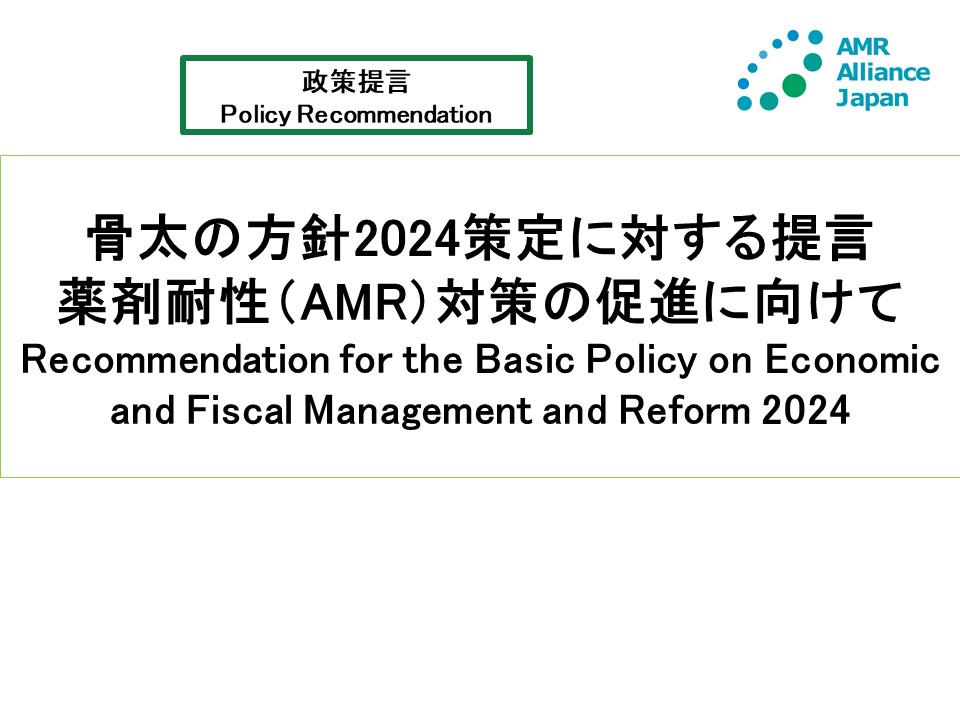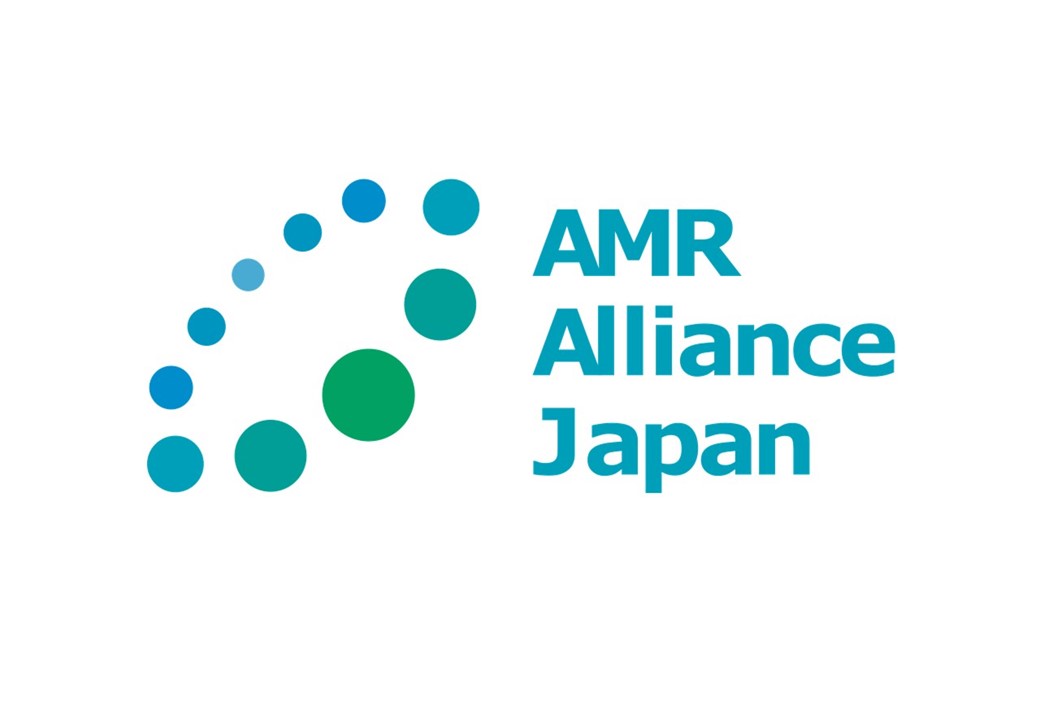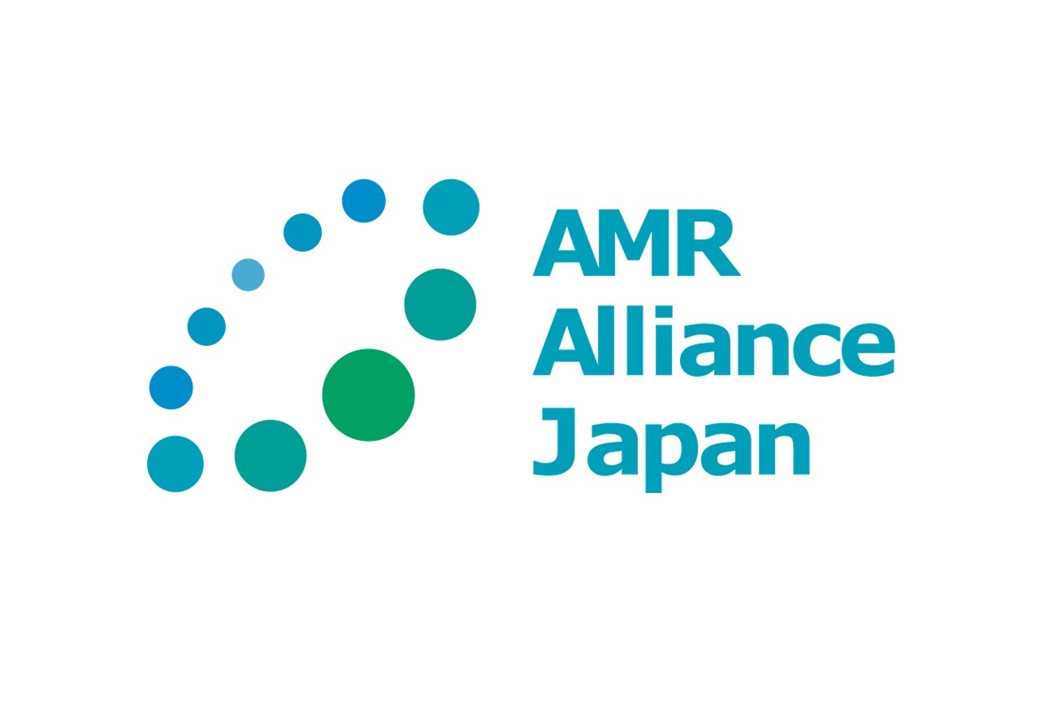[Policy Recommendations] Recommendation for the Basic Policy on Economic and Fiscal Management and Reform 2025: Toward Promoting Measures Against Antimicrobial Resistance (AMR) (May 29, 2025)
date : 6/2/2025
Tags: AMR
![[Policy Recommendations] Recommendation for the Basic Policy on Economic and Fiscal Management and Reform 2025: Toward Promoting Measures Against Antimicrobial Resistance (AMR) (May 29, 2025)](https://hgpi.org/en/wp-content/uploads/sites/2/AMRalliance-logo-11-38.jpg)
On May 29, 2025, AMR Alliance Japan (Secretariat: Health and Global Policy Institute) released “Recommendation for the Basic Policy on Economic and Fiscal Management and Reform 2025” to promote infectious disease control measures combat antimicrobial resistance (AMR). The content of the recommendations was as follows.
- In AMR control, discuss and advance efforts to secure or conduct R&D on antimicrobials by reviewing or expanding market incentives with multi-stakeholder engagement involving industry, government, academia, and civil society and serve the international community as a leader while balancing national and global interests.
- In addition, Japan should reinforce production systems, stabilize supply chains, and take similar measures to secure ingredients for antimicrobials and diagnostic reagents as medical countermeasures (MCMs) as a priority issue for economic security.
- While harmonizing with efforts to advance healthcare digital transformation (DX), promote infectious disease control based on the One Health approach by gathering accurate epidemiological surveillance data and expanding systems for rapid analysis.
According to a report in British medical journal The Lancet, antimicrobial resistance (AMR) was the direct cause of an estimated 1.91 million global deaths in 2024, which is more than the number of deaths from HIV and AIDS or malaria. Among the many infections caused by AMR bacteria in Japan, bloodstream infections kill an estimated 40,000 people per year, so the total scale of harm due to AMR can be said to be enormous.
From the perspective of Japan’s economic security, it is also urgent that a stable supply of medical countermeasures (MCMs) is secured and systems for R&D and drug discovery are reinforced. In particular, prevention, diagnosis, and treatment for bacterial infections are the foundation of the health system. The Zero Draft Political Declaration on non-communicable diseases (NCDs) that will be discussed at the United Nations General Assembly (UNGA) in September 2025 also emphasizes the threat of AMR in the treatment of cancer and other chronic diseases and the importance of whole-of-society efforts to safeguard the effectiveness of antimicrobials.
AMR control is a complex issue that spans humans, animals, food, and the environment, so it will be essential to collaborate across disciplines based on the One Health approach, including efforts that encompass the national Government and local governments or that engage health institutions in mutual collaboration to approach AMR control as a societal issue. Therefore, it will also be important to establish an effective surveillance system that is harmonious with the advancement of healthcare DX and other such efforts.
Every year since 2016, the Basic Policy on Economic and Fiscal Management and Reform has included the importance of AMR control and expanding systems for research, testing, and treatment, and under this approach, industry, academia, government, and civil society have supported the advance of AMR control together. We look forward to efforts that build upon past achievements to advance even more effective measures in the future.
AMR control efforts that are based on scientific evidence are likely to accelerate in the international community under the Political Declaration of the High-Level Meeting on Antimicrobial Resistance approved in September 2024 through developments like the establishment of the Independent Panel for Evidence for Action against AMR in 2025 and the update of the Global Action Plan on AMR scheduled for 2026. The Political Declaration includes commitments like “explore, encourage, and promote a range of innovative incentives and financing multisectoral health research and development to address AMR.”
Measures for infectious disease control including AMR control cannot be fully implemented by countries or certain regions acting on their own. It is vital that we create a foundation for sustainable infectious disease control for future generations and that we fulfill our responsibilities and contribute to Japan and the international community.
Top Research & Recommendations Posts
- [Policy Recommendations] The Path to a Sustainable Healthcare System: Three Key Objectives for Public Deliberation (January 22, 2026)
- [Research Report] Perceptions, Knowledge, Actions and Perspectives of Healthcare Organizations in Japan in Relation to Climate Change and Health: A Cross-Sectional Study (November 13, 2025)
- [Research Report] The 2025 Public Opinion Survey on Healthcare in Japan (March 17, 2025)
- [Policy Recommendations] Reshaping Japan’s Immunization Policy for Life Course Coverage and Vaccine Equity: Challenges and Prospects for an Era of Prevention and Health Promotion (April 25, 2025)
- [Research Report] The 2023 Public Opinion Survey on Satisfaction in Healthcare in Japan and Healthcare Applications of Generative AI (January 11, 2024)
- [Research Report] AMR Policy Update #4: Cancer Care and AMR (Part 1)
- [Policy Recommendations] Developing a National Health and Climate Strategy for Japan (June 26, 2024)
- [Public Comment Submission] “Assessment Report on Climate Change Impacts in Japan (Draft Overview)” (December 24, 2025)
- [Research Report] Survey of Japanese Physicians Regarding Climate Change and Health (December 3, 2023)
- [Research Report] The Public Opinion Survey on Child-Rearing in Modern Japan (Final Report) (March 4, 2022)
Featured Posts
-
2026-01-09
[Registration Open] (Hybrid Format) Dementia Project FY2025 Initiative Concluding Symposium “The Future of Dementia Policy Surrounding Families and Others Who Care for People with Dementia” (March 9, 2026)
![[Registration Open] (Hybrid Format) Dementia Project FY2025 Initiative Concluding Symposium “The Future of Dementia Policy Surrounding Families and Others Who Care for People with Dementia” (March 9, 2026)](https://hgpi.org/en/wp-content/uploads/sites/2/dementia-20260309-top.png)
-
2026-02-05
[Registration Open] (Webinar) The 141st HGPI Seminar “Current Status and Future Prospects of Korea’s Obesity Policy: Voices of People with Lived Experience in Policy Promotion” (March 3, 2026)
![[Registration Open] (Webinar) The 141st HGPI Seminar “Current Status and Future Prospects of Korea’s Obesity Policy: Voices of People with Lived Experience in Policy Promotion” (March 3, 2026)](https://hgpi.org/en/wp-content/uploads/sites/2/hs141-top-1.png)
-
2026-02-06
[Research Report] AMR Policy Update #5: Cancer Care and AMR (Part 2)
![[Research Report] AMR Policy Update #5: Cancer Care and AMR (Part 2)](https://hgpi.org/en/wp-content/uploads/sites/2/HGPI_20260204_AMR-Policy-Update-5.png)







